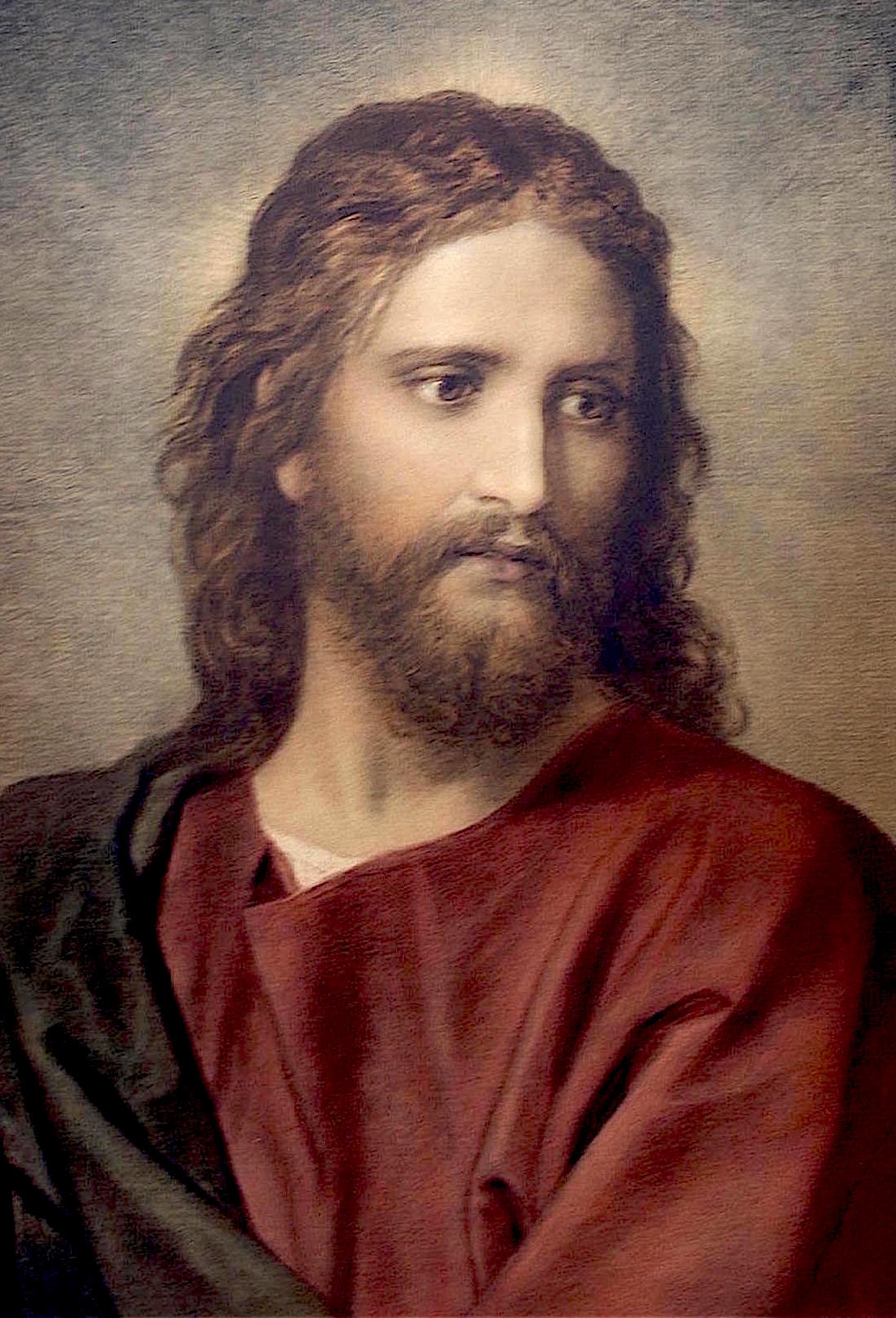In the heart of Poland’s rich cultural tapestry lies a profound reverence for Christ the King, a title that embodies both a theological concept and an element of national identity. The significance of this title extends deep into Polish Catholic culture, offering a reflection of both historical narratives and contemporary devotion. As one ponders the essence of Christ the King, one must ask: How does a figure of divine authority shape the collective conscience of a nation renowned for its spirituality?
This inquiry leads to an exploration of the myriad ways in which the veneration of Christ the King influences Polish society. To understand its significance deeply, it is essential to grasp the historical context from which this devotion springs. Poland has long been a bastion of Christianity in Eastern Europe, and the Polish people’s deep-rooted connection to their faith has shaped much of their national identity. The assertion of Christ’s kingship resonates particularly in a nation that has faced considerable trials, from partitions to the tumult of World War II and the subsequent communist regime, which attempted to suppress religious expression.
The proclamation of Christ as King is also profoundly influenced by the Polish Catholic Church’s teachings and liturgical practices. It is a title that embodies authority, majesty, and divine sovereignty. Within the Polish Catholic liturgy, the celebration of Christ the King has been designated to the last Sunday of the liturgical year, a poignant conclusion that invites reflection and contemplation. This specific Sunday serves not merely as a conclusion but as a culmination of the Christian faith, underscoring the eschatological promise of Christ’s ultimate reign over the world.
In Poland, the devotion to Christ the King is interwoven with nationalistic sentiments. The figure of Christ is often perceived not just as a spiritual leader but as a protector of the Polish nation. This duality imbues the imagery surrounding Christ the King with layers of meaning. Statues and depictions often merge traditional religious iconography with patriotic symbols, rendering Christ as an emblem of hope amidst hardships. It raises a curious challenge—does such intertwining dilute the spiritual message, or does it enhance the resonance of faith within the socio-political narrative of Poland?
The answer may not be singular; rather, it may lie in the tensions between spiritual devotion and national identity. In times of crisis, the Polish populace has historically turned to Christ the King for solace, imbuing the religious figure with qualities of resilience and fortitude. This sentiment was palpably evident during the Solidarity movement in the 1980s, where religious imagery, particularly the image of Christ the King, became a potent symbol of hope against oppression. The Church’s role during this tumultuous period further established Christ as an emblem of not only faith but also of justice and the struggle for human dignity.
In contemporary Poland, the reverence for Christ the King continues to thrive, manifesting through various forms of artistic expression, from literature to music and visual arts. Artists draw inspiration from the kingly imagery, creating works that reflect theological insights and national pride. Festivals and processions dedicated to Christ the King invite community gatherings, where faith and culture intersect, fostering a sense of belonging and collective identity. It poses an interesting contemplation: how does this ongoing celebration adapt to the evolving societal landscape while maintaining its core essence?
The proliferation of modernity and secularism poses an implicit challenge to age-old traditions. Part of the Polish populace embraces contemporary issues, often grappling with the juxtaposition of secular ideals and rich religious traditions. This dynamic pushes the Church to engage with modernity, inviting a reexamination of how Christ the King is perceived and celebrated. Is it feasible to harmonize traditional worship with the nuances of today’s cultural contexts?
The significance of Christ the King in Polish Catholic culture is equally manifested in personal devotion. Each Polish believer enters into a unique relationship with the divine, often marked by a profound sense of community and individual spirituality. Each family may have its practices, traditions, and interpretations of Christ’s kingship, enriching the collective consciousness of the nation. Such personalized expressions breathe vibrancy into public worship, making it a living, evolving homage to Christ.
This rich tapestry of devotion presents an opportunity for reflection not only on local practices but on universal themes of faith, hope, and perseverance. As one examines the Polish veneration of Christ the King, a greater understanding of the complexities and interdependencies between faith and culture emerges. Each observation encourages a deeper inquiry into how religious beliefs shape, and are shaped by, the ever-changing societal dynamics.
Ultimately, as Poland navigates its path through history, the figure of Christ the King remains a central beacon of hope—a steadfast reminder of divine promise and national unity. It challenges believers to contemplate their role in a world that shifts beneath their feet, evoking a sense of responsibility to uphold the values and teachings of Christ. Thus, the journey of understanding Christ the King within Polish Catholic culture continues to inspire, enlighten, and provoke thoughtful dialogue about faith’s role in contemporary society.



